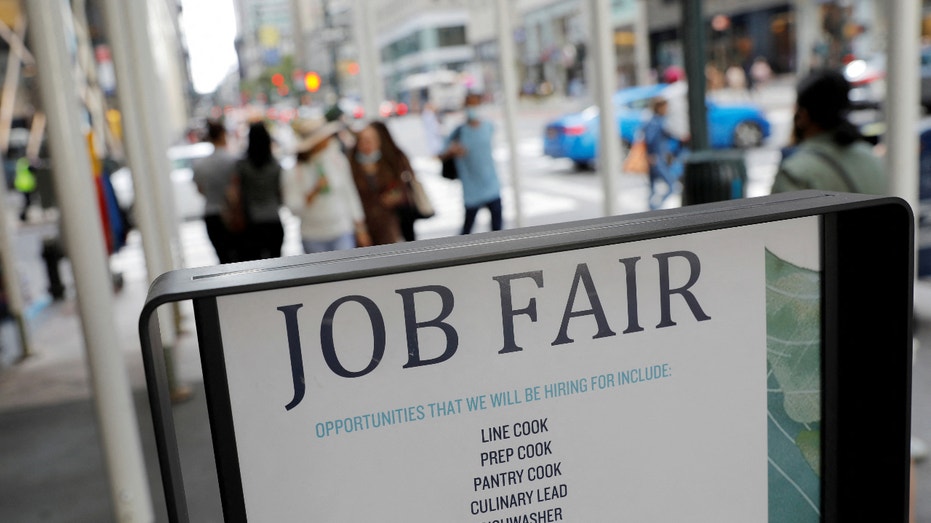
FreedomWorks senior economist Steve Moore provides insight on the state of the economy on ‘Making Money.’
Companies looking to cut costs to offset the pain of high inflation are quietly paring back the non-cash benefits they offer to employees – and the problem may soon get worse.
That is according to a new analysis by Glassdoor, which found that a growing number of employees lost access to 401(k) retirement plans, dental insurance, vision insurance, tuition assistance and other benefits this year.
With the economy slowing and demand for workers cooling, companies are looking to reduce the total compensation they offer to workers. However, wages and salaries almost never decline in real dollar value for individuals who stay in the same job at the same company because “most people have such a strong aversion to seeing smaller paychecks hit their bank accounts,” the report said.
WORKERS NOW DEMANDING NEARLY $80K TO START NEW JOB

Couples should come together to review finances and craft budgets if they are planning to stay together long-term. (iStock / iStock)
In fact, Glassdoor data suggests that only about 8% of workers who remain in the same job typically see their salary decline on an annual basis. The figure is slightly higher in 2023, coming in at around 10%.
However, many companies instead look to cut costs by using levers beyond salary.
“During soft labor markets, there are other dimensions of total compensation that commonly decline,” the report said. “These include hours worked (for non-salaried workers), equity and incentive-based compensation and the company-contribution to the cost burden of benefits like health insurance or retirement plans.”
FED LEAVES INTEREST RATES UNCHANGED DESPITE STILL-HIGH INFLATION
The compensation reduction has so far been most pronounced in industries that experienced turmoil this year, including tech and finance. However, Glassdoor predicted that more companies will start scaling back benefits in 2024 amid the increasingly uncertain economic outlook.

Signage for a job fair is seen on 5th Ave. in New York City on Sept. 3, 2021. (Reuters/Andrew Kelly / Reuters Photos)
“There is some evidence that benefits access has started to erode, a trend that could accelerate in 2024,” they wrote.
Despite the efforts to reduce compensation, many companies are leaving certain benefits untouched, including fertility assistance, adoption assistance, parental leave and mental health care. However, Glassdoor economists noted that the “tide could even, or even turn” in 2024 if companies scrutinize the costs and determine that the benefits are not important or necessary to retain workers.
GET FOX BUSINESS ON THE GO BY CLICKING HERE
The extremely tight labor market over the past year allowed workers to quit their jobs in favor of better wages, working conditions and hours – a trend dubbed the “Great Resignation.”
However, there are growing signs the once hyper-competitive job market is starting to soften.
The government reported earlier this month that job growth slowed more than expected in October, a sign that hiring is finally slowing in the face of higher interest rates and stubborn inflation. Employers added just 150,000 jobs last month, while the unemployment rate ticked up 3.9% – the highest level in two years.





